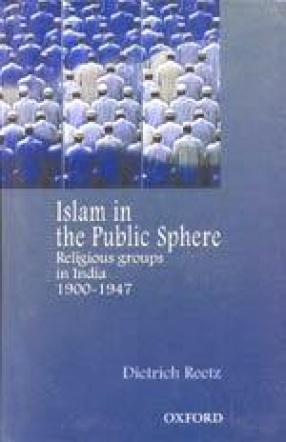The Valley of Kashmir, though protected by formidable rages of snow clad mountains on all its sides did not remain isolated from other great cultural entities of the sub-continent. In culture, in learning in art and architecture, in the maintenance of brotherhood and religious toleration, the people of this beautiful valley have shown their remarkable unity, ability, power and strength. Throughout its history and prehistory, the valley has witnessed an increasingly rich and varied culture, which primarily depended on climatic and environmental changes. The early man could not find a congenial place to live in the valley because of repeated uprising of Pir Panjal and severe glacial activities. The early man could roam in the valley when there were favourable climatic conditions. He war always fearful about the uncertainly of drastic climatic changes as such took up temporary settlements in the forests, plain valleys in the higher reaches of the Pir Panjal and the Himalayan ranges and other such grassy lands on the elevated areas. The environmental and climatic changes documented through multi-disciplinary channel have thus affected the expansion or eclipse of human settlements. The results of this research work of geographical literary and archaeological records present a relevant source material for a better understanding of men’s evolution through the ages. This study involved wide range of socio-economic problems which were to be studied in their proper perspective while dealing with the settlement patterns in relation to climatic changes in the valley. And moreover the current events of pervasive degeneration of environment could then again be set right on a swifter pace with the book entitle ‘Settlement Pattern in relation to Climatic Changes in Kashmir from 20000 BP to 1000 BP"
Islam in the Public Sphere: Religious Groups in India, 1900-1947
Islam in the Public Sphere ...
Out of stock



There are no reviews yet.